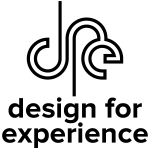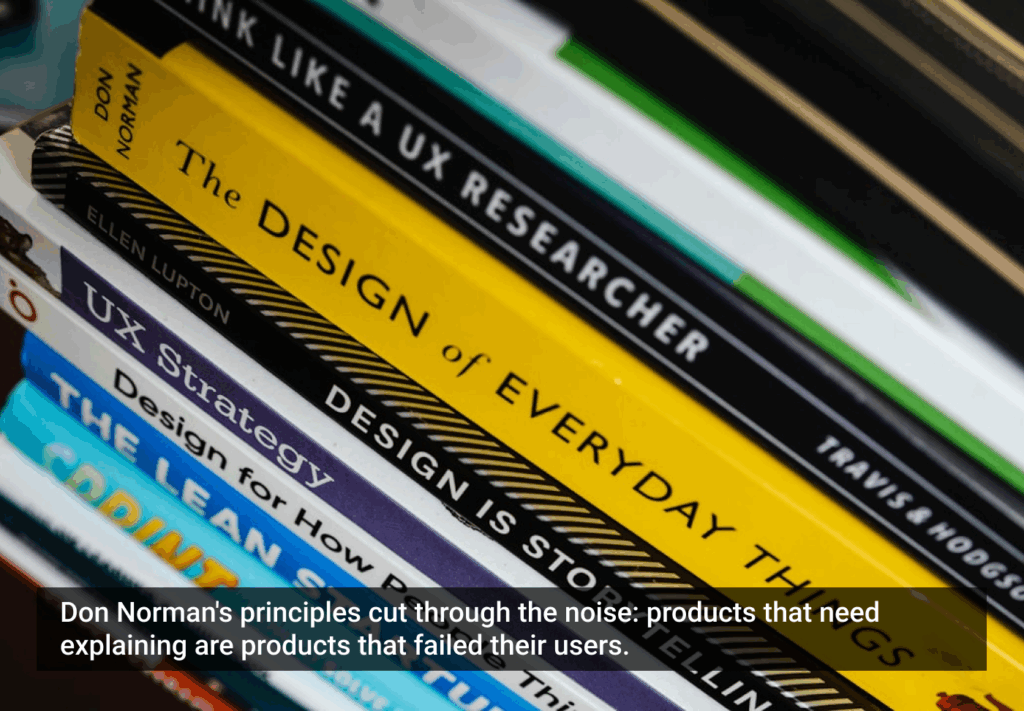“Engineers … master the craft of making things work. They are focused on ensuring the product is as simple and efficient as possible, so that it works correctly and reliably,” Brian Pagán writes in a popular new article, “Four Myths About UX and How to Bust Them.”
“[If] the UX person is too technology-focused, the product will be technical marvel that users find meaningless or unusable,” he continues, debunking the myth that “Anyone can do UX,” and pointing to a way different disciplines can work together to create great digital products.
He argues that in an effective and collaborative design environment the experience designer promotes UX sensibilities within the team, engendering empathy between designers and engineers (and visual designers and project managers, as well). “If this evangelism is successful … engineers learn to challenge the team by anticipating extra use cases and communicating technical opportunities.”
This type of thinking is a departure from the norm for many traditional organizations, where designers and engineers work in silos, throwing deliverables “over the wall.” Recently, however, the two camps have become more intensively collaborative and integrated, resulting in more practicable designs, better implementations, lessened risk, and improved success.
[google_ad:WITHINARTICLE_1_468X60]The DfE Union of Design and Engineering award recognizes companies, teams, project/product groups, and other assemblages of designers and engineers that are shining examples of cross-disciplinary collaboration.
If you can think of team that has taken the notion of a collaborative work environment to new heights, nominate them now! If you are part of a well-oiled interdisciplinary team, apply for this award and bring your colleagues the recognition they deserve.
Image of fruity mashup courtesy Shutterstock
[google_ad:WITHINARTICLE_1_234X60_ALL]








